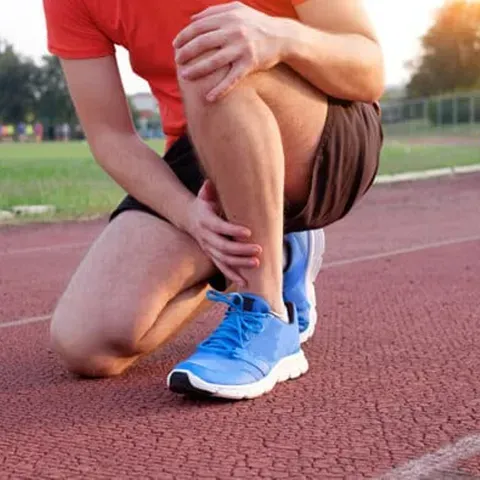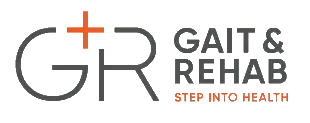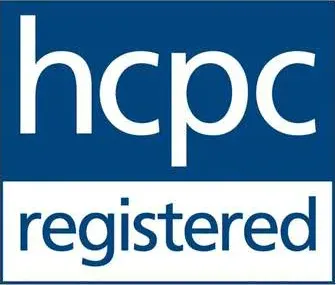
Running Injuries Explained: Shin Splints, Stress Fractures & Achilles Tendinopathy Treatment | Gait and Rehab
Running Injuries Explained: Shin Splints, Stress Fractures and Achilles Tendinopathy
If you’re a runner, chances are you’ve felt some kind of lower leg pain during training. Sometimes it’s just muscle soreness – but other times it could be an injury that needs proper attention.
At Gait and Rehab, a leading podiatry clinic just off Knowle High Street, we see runners every week with pain in their shins, ankles or Achilles tendons. The three most common causes are:
• Shin Splints (Medial Tibial Stress Syndrome)
• Stress Fractures
• Achilles Tendinopathy
These conditions might feel similar at first, but they each present differently and require specific treatment. In this blog, we’ll explain what each condition is, how we assess it at Gait and Rehab, and the treatment options available including Footscan gait analysis, custom orthotics, Shockwave therapy, and tailored exercise packages.
Shin Splints (Medial Tibial Stress Syndrome)
What causes shin splints?
Shin splints are caused by overload of the muscles and tendons that attach to the shin bone (tibia). This often happens when:
• You rapidly increase your running mileage or intensity.
• You’re running in unsupportive shoes.
• Your foot rolls inwards excessively (overpronation), placing extra strain on the tibia.
How shin splints feel
• A dull, aching pain along the inside edge of your shin.
• Pain may start at the beginning of a run, ease off mid-run, but return afterwards.
• Tenderness over a broad area of the shin.
How we assess at Gait and Rehab
• Detailed history – training loads, footwear, running surfaces.
• Palpation – tenderness along the shin bone.
• Footscan 3D gait analysis – checks if loading imbalance is contributing.
• Strength and flexibility testing – calf, tibialis posterior, hip and glutes.
Treatment for shin splints
• Activity modification – lower-impact training while pain settles.
• Orthotics – custom insoles to control excessive pronation and reduce stress on the tibia.
• Shockwave therapy – helps reduce pain and promote healing in stubborn cases.
• Exercise programme – calf strengthening, balance drills, and glute activation.
• Footwear advice – making sure your trainers are right for your running style.
Stress Fractures
What causes stress fractures?
Stress fractures are tiny cracks in the bone caused by repetitive impact. They often develop in the tibia (shin) or metatarsals (foot). Contributing factors include:
• Sudden increase in training volume or intensity.
• Running on hard surfaces.
• Inadequate recovery, poor nutrition or low bone density.
How stress fractures feel
• Sharp, localised pain in one specific spot.
• Pain worsens with running and often continues at rest or at night.
• Swelling may be present.
• “One-finger test”: pain is felt on a very precise point of the bone.
How we assess at Gait and Rehab
• Clinical exam – pinpoint tenderness and pain on hopping.
• Footscan gait analysis – identifies overload patterns that may have caused the fracture.
• Referral for imaging – MRI or X-ray if a stress fracture is suspected.
Treatment for stress fractures
• Rest from running – sometimes with a boot or crutches for more severe cases.
• Orthotics – redistribute pressure to stop recurrence.
• Rehabilitation programme – gradual return-to-run, strength work, plyometrics.
• Shockwave therapy – can speed up bone healing.
• Lifestyle support – nutrition (vitamin D, calcium, protein), recovery strategies.
Achilles Tendinopathy
What causes Achilles tendinopathy?
The Achilles tendon connects your calf muscles to your heel bone. Repetitive overload such as sudden increases in running mileage can lead to tendon breakdown and inflammation.
Risk factors include:
• Tight or weak calf muscles.
• Overloading or poor running mechanics.
• Unsuitable footwear.
• Sudden changes in training intensity.
How Achilles tendinopathy feels
• Morning stiffness in the Achilles tendon.
• Pain and swelling either in the middle of the tendon (mid-portion) or at the heel bone (insertional).
• Pain that eases during activity but worsens afterwards.
How we assess at Gait and Rehab
• History – onset, training errors, footwear.
• Palpation – tenderness in the tendon.
• Functional tests – calf raises, hopping, balance drills.
• Footscan gait analysis – identifies loading issues that contribute to tendon stress.
Treatment for Achilles tendinopathy
• Exercise therapy eccentric heel drops, progressive calf strengthening, glute work.
• Shockwave therapy – stimulates healing and reduces chronic tendon pain.
• Orthotics – reduce excess strain on the tendon.
• Footwear adjustments – shoes with a suitable heel-to-toe drop.
Why Choose Gait and Rehab for Running Injuries?
At Gait and Rehab, we take a different approach:
• Footscan 3D gait analysis – objective assessment of how you run and where the stress is going.
• Custom orthotics – designed to match your foot and running style.
• Shockwave therapy – evidence-based treatments that accelerate recovery.
• Tailored exercise packages – structured programmes that get you back to running safely.
• Education and prevention – advice on footwear, training, and injury prevention.
FAQs
1. Can I keep running with shin splints or Achilles pain?
It depends sometimes a modified running plan is possible, but pushing through pain often makes the problem worse. We’ll help you find the balance.
2. Do I need orthotics for my injury?
Not always – but for runners with poor biomechanics or recurring injuries, custom orthotics can be a game changer.
3. How long does it take to recover?
• Shin splints: 4–8 weeks.
• Stress fracture: 6–12 weeks (depending on severity).
• Achilles tendinopathy: can take several months, but progress is steady with the right plan.
4. Is Shockwave therapy painful?
It can feel uncomfortable during treatment, but most runners describe it as tolerable – and the results are worth it.
Takeaway: Lower leg pain doesn’t have to stop your running journey. With the right assessment and treatment, you can recover stronger and return to training with confidence
Book your appointment today:
Online - book 24/7, choosing the MSK option
Or call us on 01564 314614




